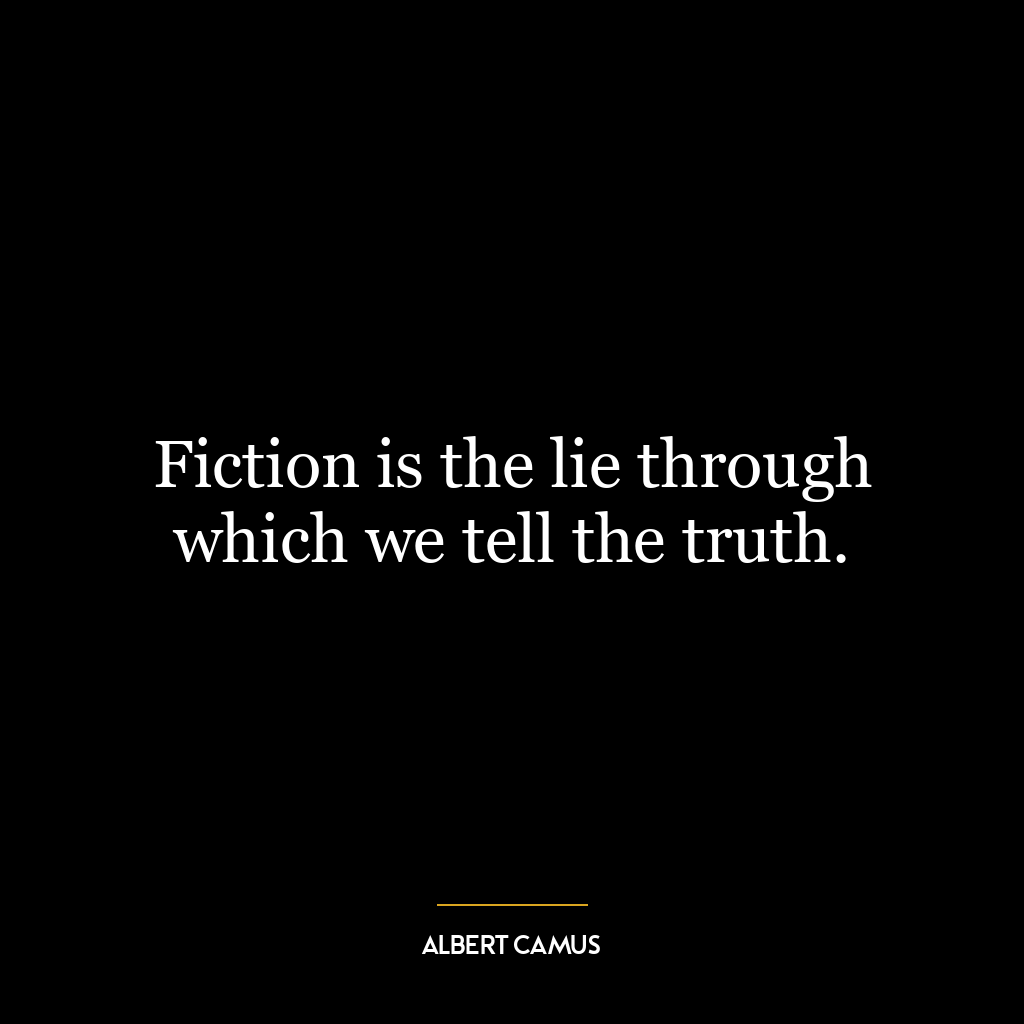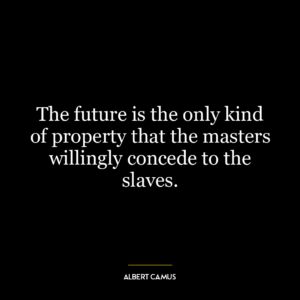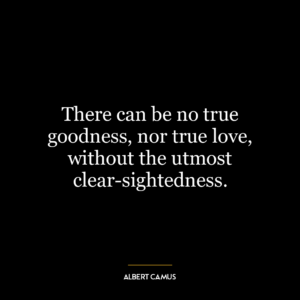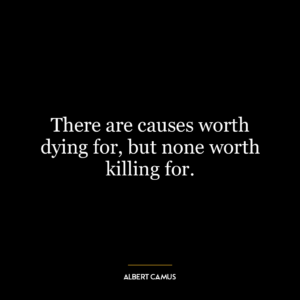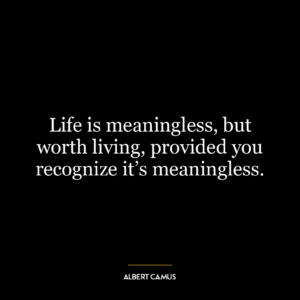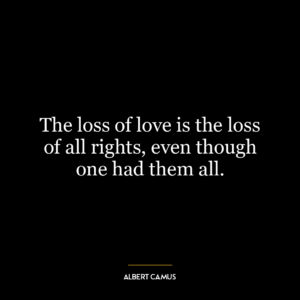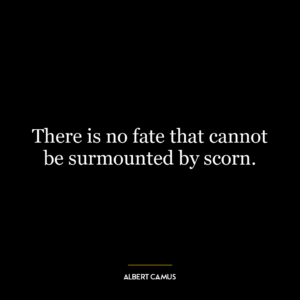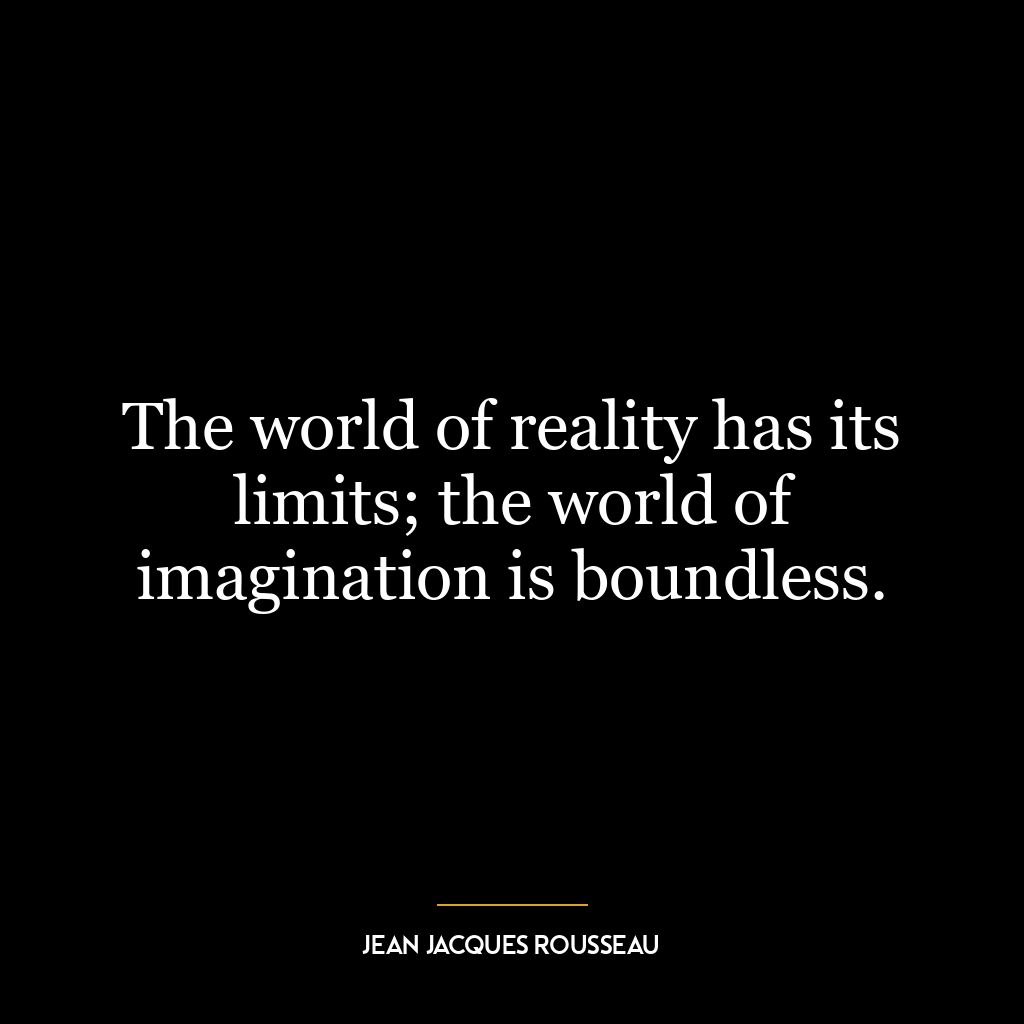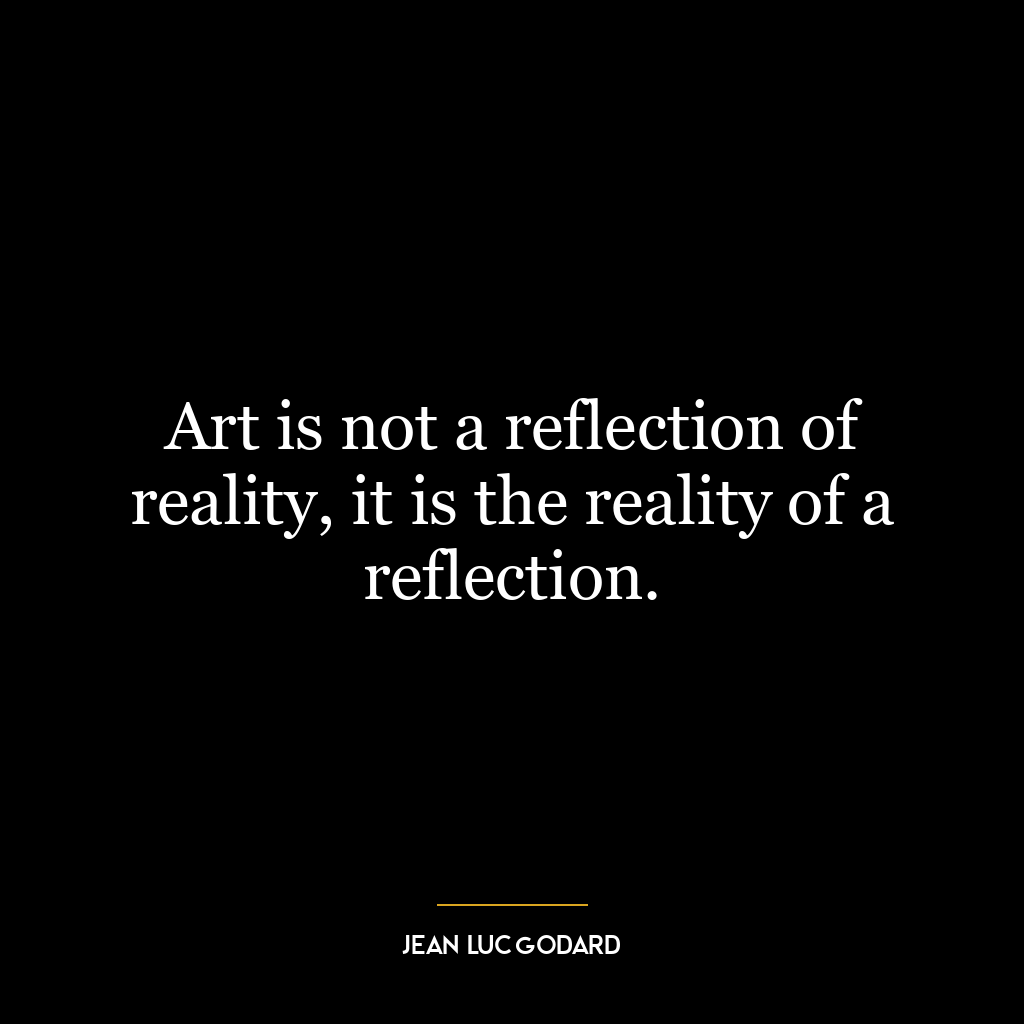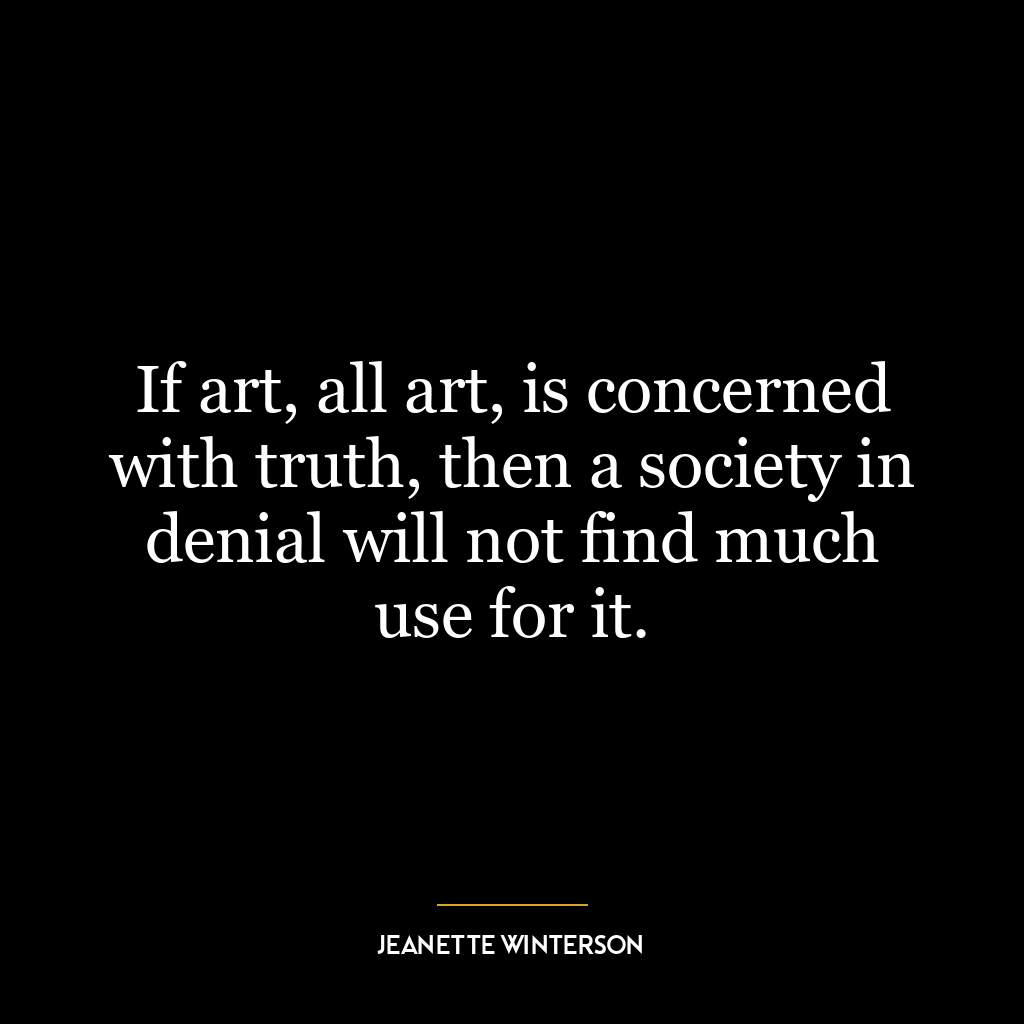Fiction is the lie through which we tell the truth.
Fiction is the lie through which we tell the truth” is a profound statement that explores the paradoxical nature of storytelling. It suggests that even though fiction is inherently not real – it’s fabricated, made up, a “lie” – it has the power to reveal truths about human nature, society, and the world we live in.
This concept is deeply rooted in the idea that stories, although fictional, are reflections of reality. They are crafted from the fabric of human experience, emotions, and perceptions. When we read a novel, watch a movie, or listen to a song, we often find bits of our own realities mirrored back at us. Characters, plots, and settings, however unreal, can resonate with our experiences and feelings, offering insights into our own lives.
Moreover, fiction provides a safe space for exploring complex or controversial truths. It allows us to confront and process difficult realities from a distance, to empathize with characters who are unlike us, and to consider perspectives we might not otherwise encounter. In this way, fiction can broaden our understanding of the world, fostering empathy, tolerance, and open-mindedness.
Applying this idea to today’s world, we see that fiction has the power to shape societal narratives and influence real-world change. For example, dystopian novels like “1984” or “The Handmaid’s Tale” use fictional settings to critique political systems and societal trends, prompting readers to question and challenge these aspects in their own societies.
In terms of personal development, engaging with fiction can help us better understand ourselves and others. It can challenge our beliefs, make us more empathetic, and inspire us to think critically and creatively. It can also provide comfort, validation, and a sense of belonging by showing us that others share our experiences and emotions, even if they are fictional characters.
In essence, while fiction may be made up of ”lies”, it is through these lies that we can uncover profound truths about ourselves, others, and the world we live in.

